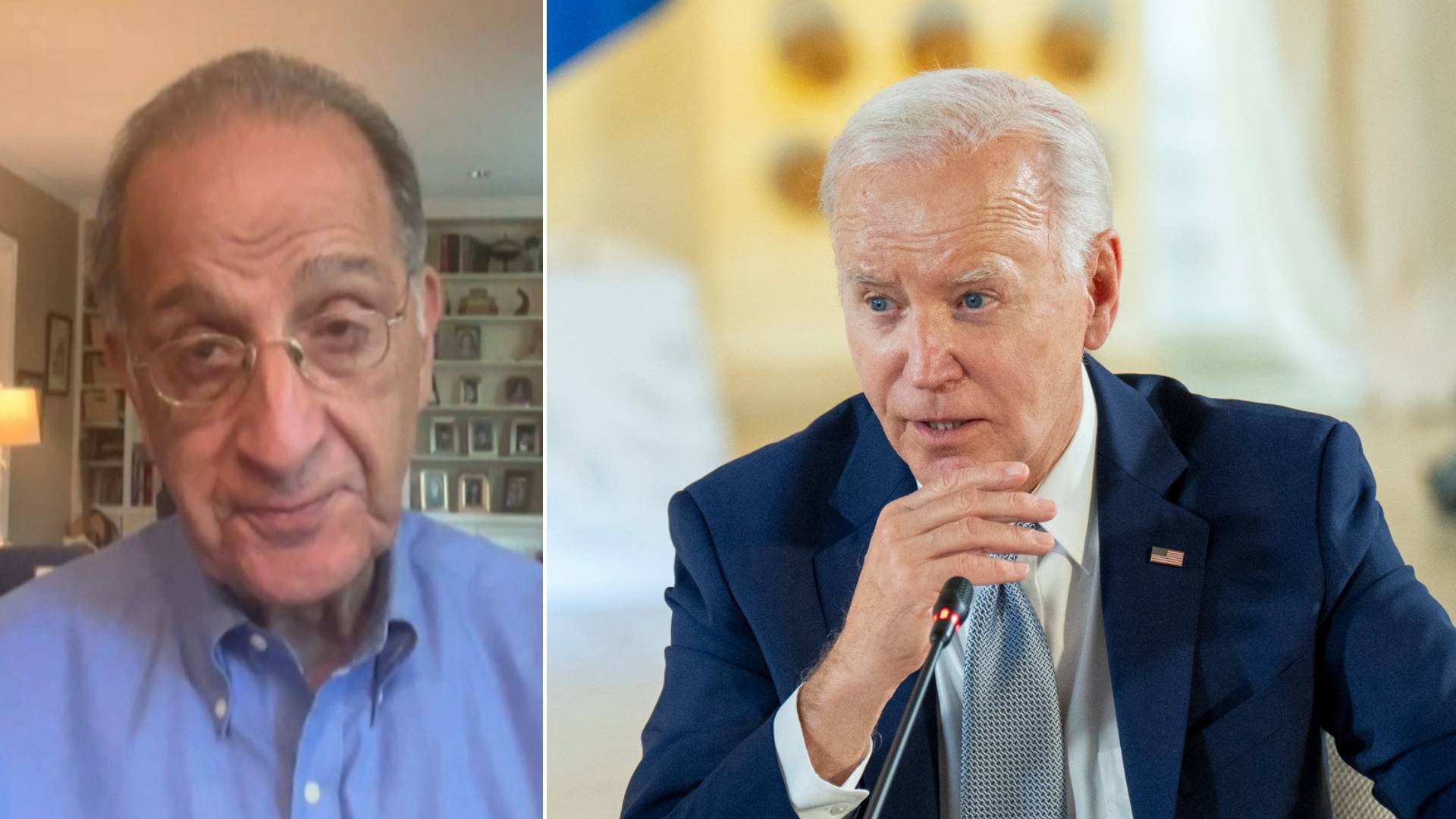
President Joe Biden's poor performance in the recent presidential debate has raised concerns among Democrats about his ability to beat Donald Trump in the upcoming election. Some Democratic lawmakers, including Representatives Raúl M. Grijalva and Lloyd Doggett, have publicly urged Biden to withdraw from the race and called for a fair democratic process to select a new nominee. According to reports, at least 25 House Democrats are considering signing a letter demanding that Biden step down.
Biden himself has acknowledged his disjointed debate performance and blamed it on a heavy travel schedule and not listening to his staff. However, concerns about his acuity have been growing among Democrats for some time. The New York Times reported that Biden's aides have described him as increasingly confused or listless in private conversations.
The possibility of a second Trump presidency is seen as very dangerous by many Democrats, who fear the consequences for democracy and human rights. Grijalva characterized Trump as an 'anti-democratic, authoritarian despot.'
There are two unlikely scenarios for replacing Biden as the Democratic nominee: one involves him stepping aside voluntarily, and the other involves an attempt to defeat him at the convention by winning over pledged delegates. However, historical precedent and party rules make such a move difficult.
The Democratic National Committee (DNC) adopted the 'good conscience' rule in 1982 after repealing 'the robot rule,' which required delegates to vote for their pledged candidate. If a leading nominee withdraws before the convention, there is no clear precedent for what will happen to their delegates or how the party will choose a new nominee.
Despite these concerns, Biden has not indicated any intention of withdrawing from the race. His campaign declined to comment on Grijalva's remarks, and White House press secretary Karine Jean-Pierre confirmed that Biden is 'absolutely not' considering withdrawing.


